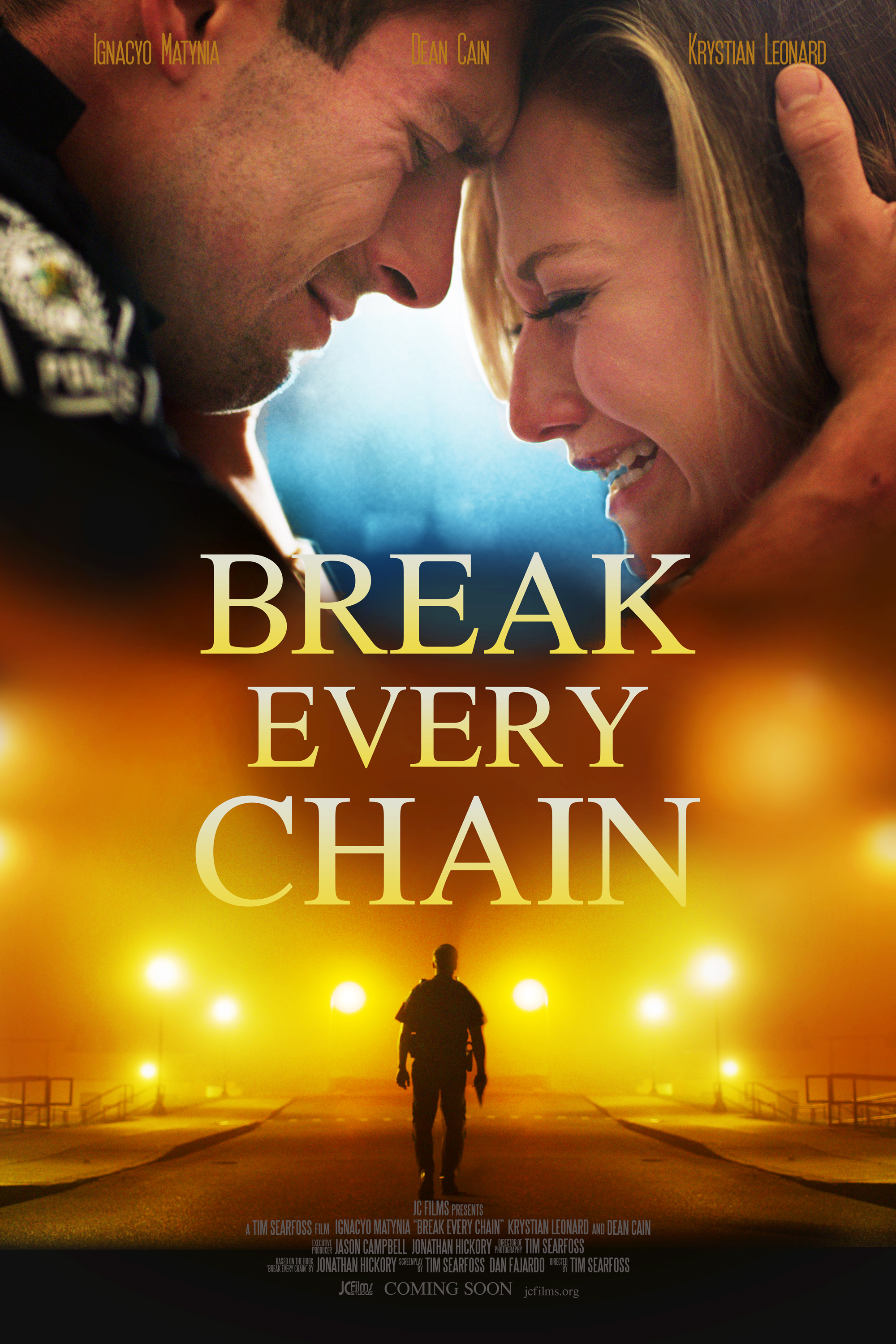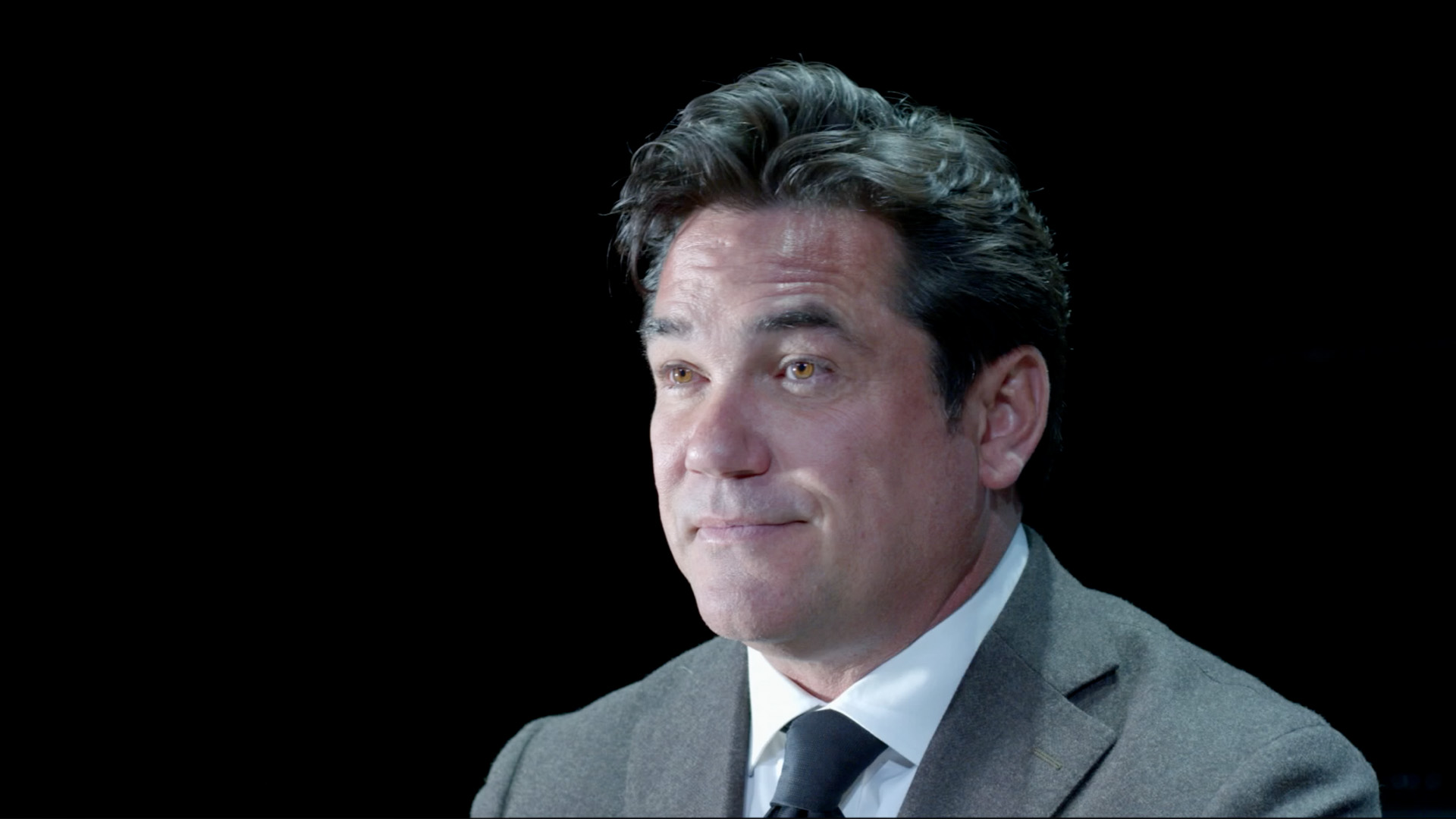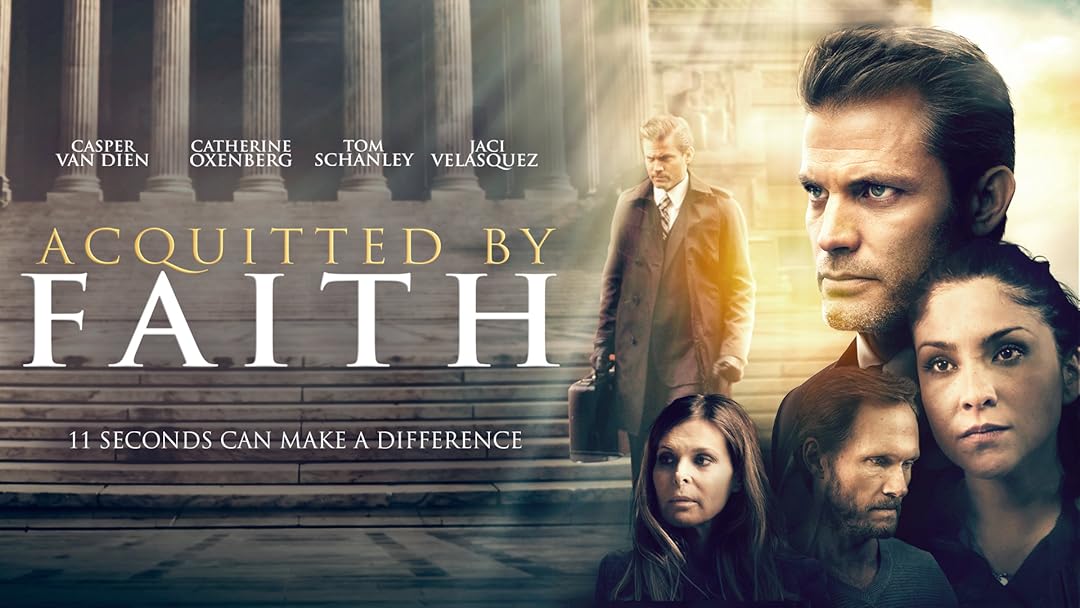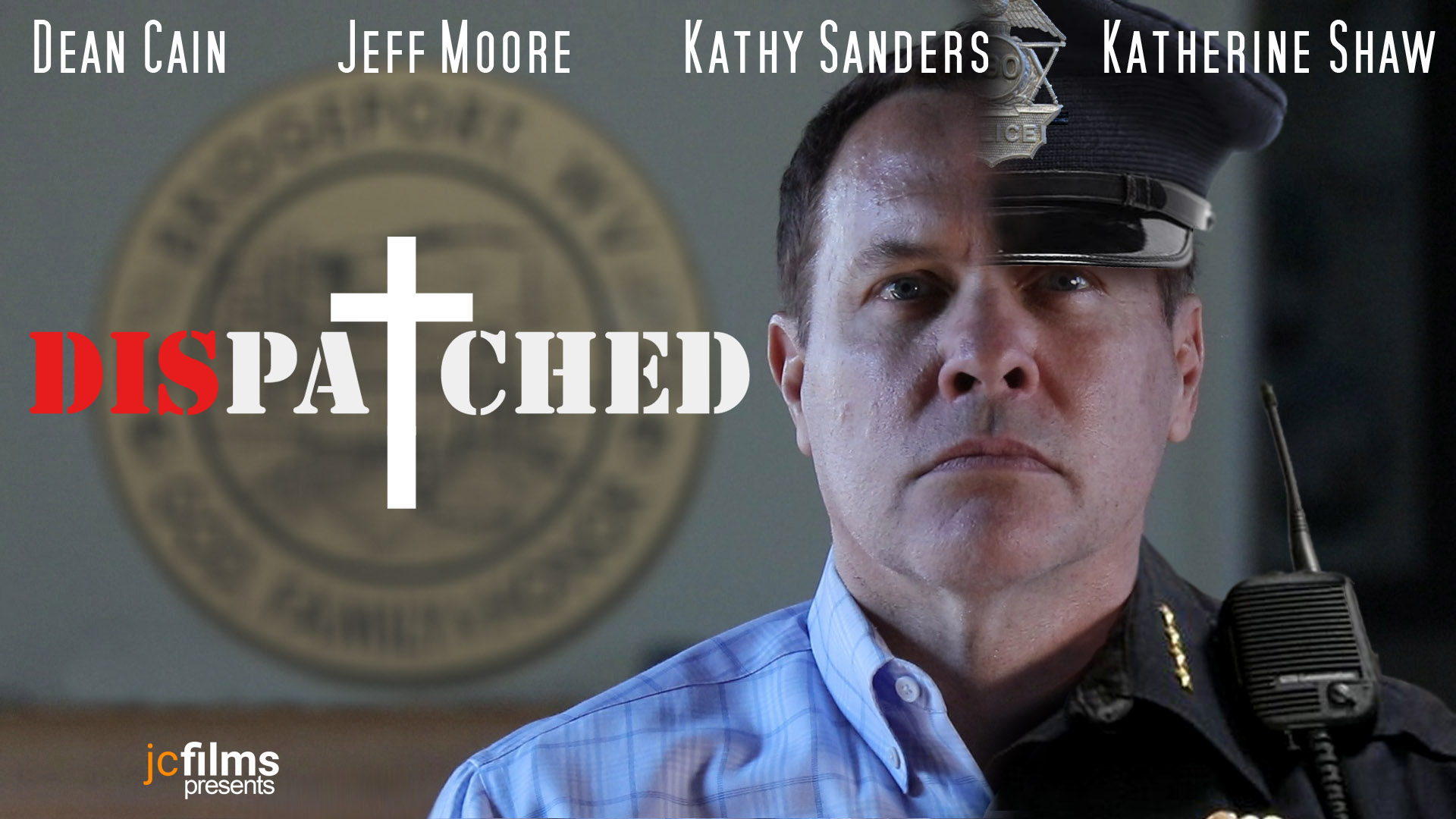
Plot Summary
When an aging military chaplain is forced to move to a different area due to income difficulties, he doesn’t have a very positive outlook on life. However, he soon befriends some of his neighbors and finds that they have needs that he can help with. The chaplain decides that the best way to bring the community together is to plant a healing garden.
Production Quality (2 points)
Overall, The Healing Garden has a good production, including professional video quality and camera work. Though somewhat limited, the sets, locations, and props are well-utilized. However, the audio quality is hurt by loud background sounds, and editing leaves something to be desired as there are a few continuity errors and quick cuts between scenes. Nonetheless, this section still receives an above-average rating.
Plot and Storyline Quality (.5 point)
In this narrative, the writers used amusing dry humor and eccentric satire to make things interesting. However, the protagonist is a slightly perfect victim with lots of biblical wisdom platitudes. Time is wasted on montages as conversations that otherwise have potential seem cut-off and unfinished. This leaves the characters unfinished as their subplots meander with no clear direction, themes, or purposes. Also, the character arcs are too steep and based on silly coincidences even though there are several moments of authentic believability. There are a number of intriguing concepts that are not fully explored, and the “big payoff” moments fall flat due to lack of adequate setup. In the end, the conclusion is quite sudden, leaving the audience wondering what was actually accomplished. Nonetheless, because of a small amount of potential, a meager score is warranted here.
Acting Quality (2.5 points)
Despite the previous shortcomings of the film, the acting is the strongest aspect of the screenplay. There are some slightly forced emotions and overly staged scenes, but as a whole, the cast members appear to be comfortable in their respective roles. Line delivery is solid throughout the movie. Thus, this rounds out an overall average effort.
Conclusion
The Healing Garden is essentially an unfinished idea that needs more expansion and fleshing-out. With stronger themes, a clearer direction, and more substantial dialogue, this film could have been something. However, we’ll have to wait and see what this creative team does in the future to build off this starting point.
Final Rating: 5 out of 10 points















































